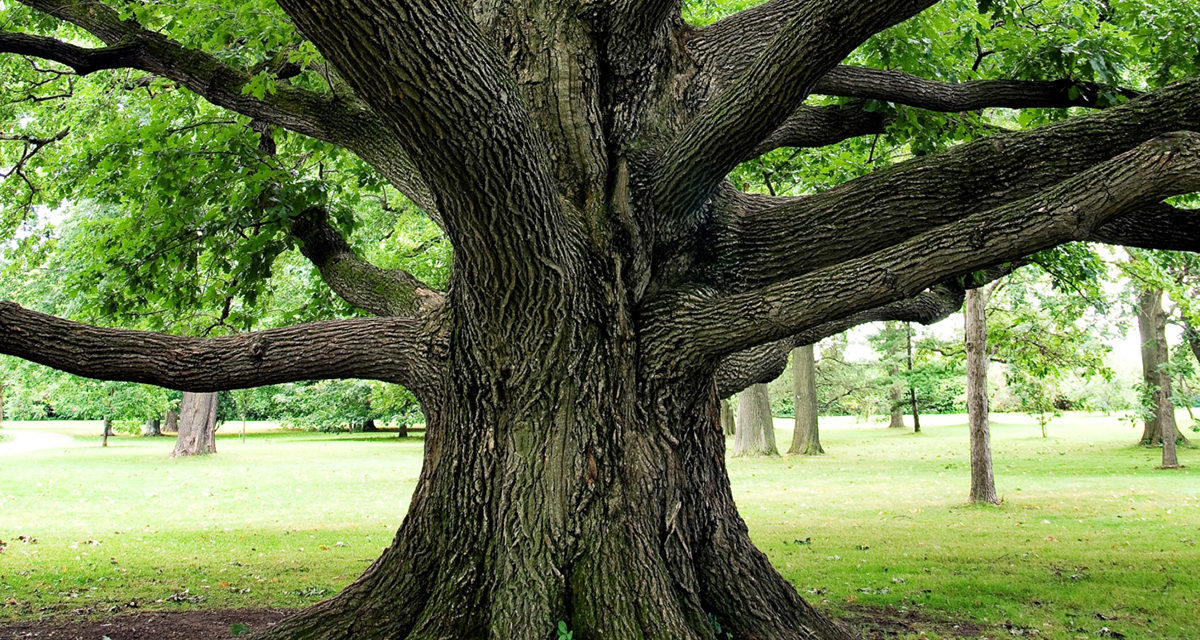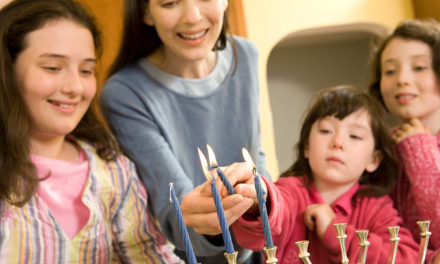TU B’SHEVAT —
On our daily journeys we pass by so much of value that we barely notice. For instance: trees. Our very lives depend on trees. They provide us with fruit, shade, paper, often the homes we live in, and much of our furniture and other objects that we use on a daily basis. They are also a source of beauty and respite. Despite their importance, they tend to become the backdrop for our lives– easy to pass by with barely a thought or a glance.
Jewish tradition celebrates the New Year of the trees. It is called Tu B’Shevat, the fifteenth of the Hebrew month of Shevat. On Tu B’Shevat trees are planted and rituals of eating fruits and nuts and drinking wine are observed. It is a kind of birthday of the trees, and in Israel it is the time when the first fruit-bearing trees
awaken from their winter sleep and begin their cycles.
Judaism teaches that we should plant and protect trees. We should plant trees, no matter how old we are, so that future generations can enjoy their beauty, shade, and usefulness. We should protect trees, especially those that bear fruit, for the benefit of all society. Tu B’Shevat can be observed traditionally in a kind of seder with plates of dried fruits and nuts, fresh fruit, grape juice, or wine. Or it can simply be a special day for you and your children to notice the value and beauty of trees in your lives. Even at the coldest time of year, we can have faith that spring and renewal will come soon again.
TALK TO YOUR CHILDREN about trees and all that they give us.
CONNECT TO THEIR LIVES:
- Which kinds of trees do you like and why?
- What are some of the wooden objects you use in your everyday lives?
- Why plant a tree that takes so long to grow and mature?
- How do our lives depend upon trees?
By Rabbi Dianne Cohler-Esses
Values & Ethics—Through a Jewish Lens is created by Fred and Joyce Claar to bring the wisdom of Judaism into family discussions.






